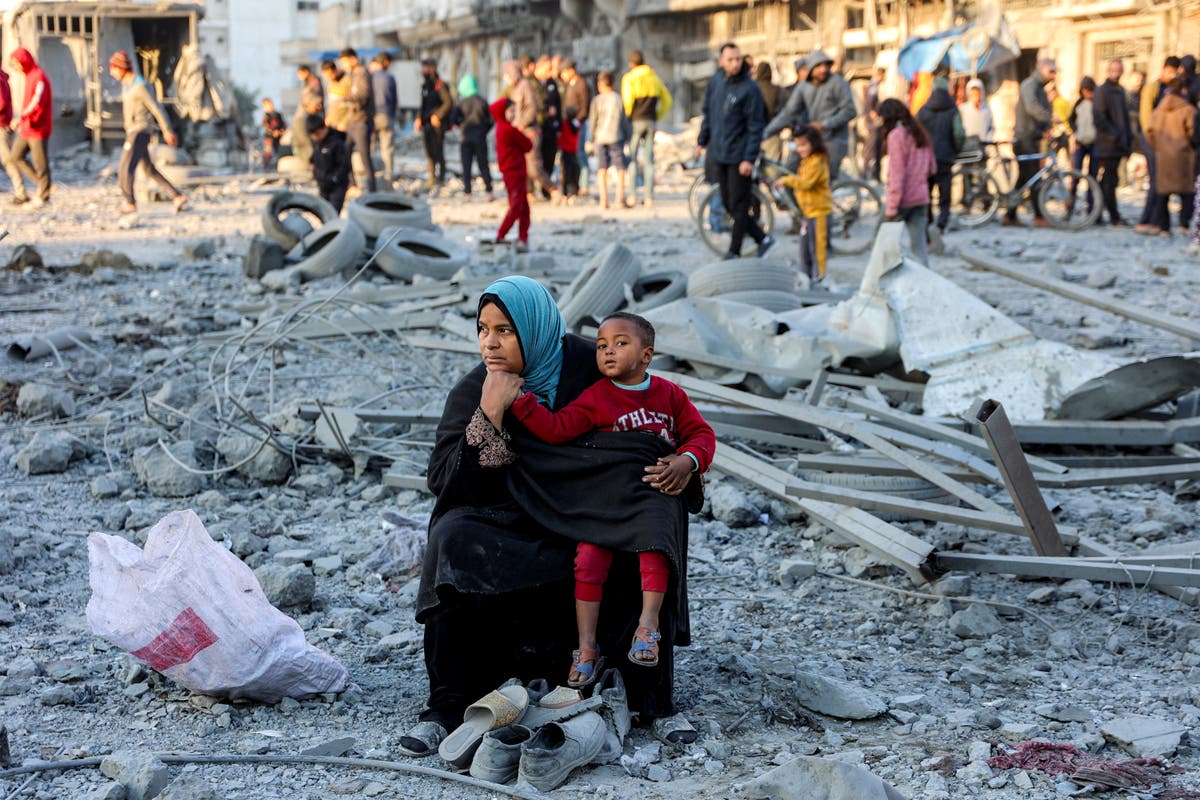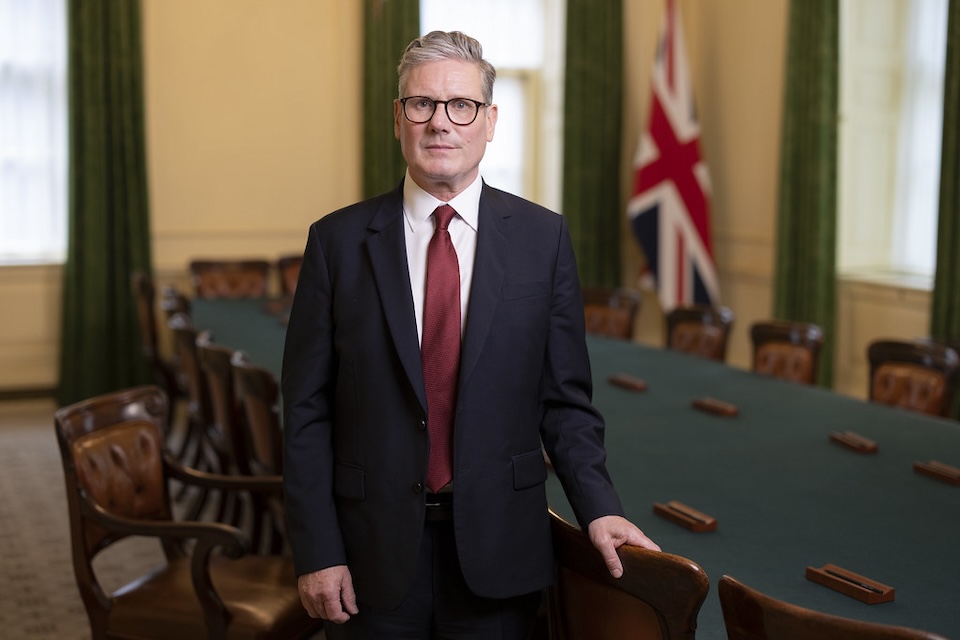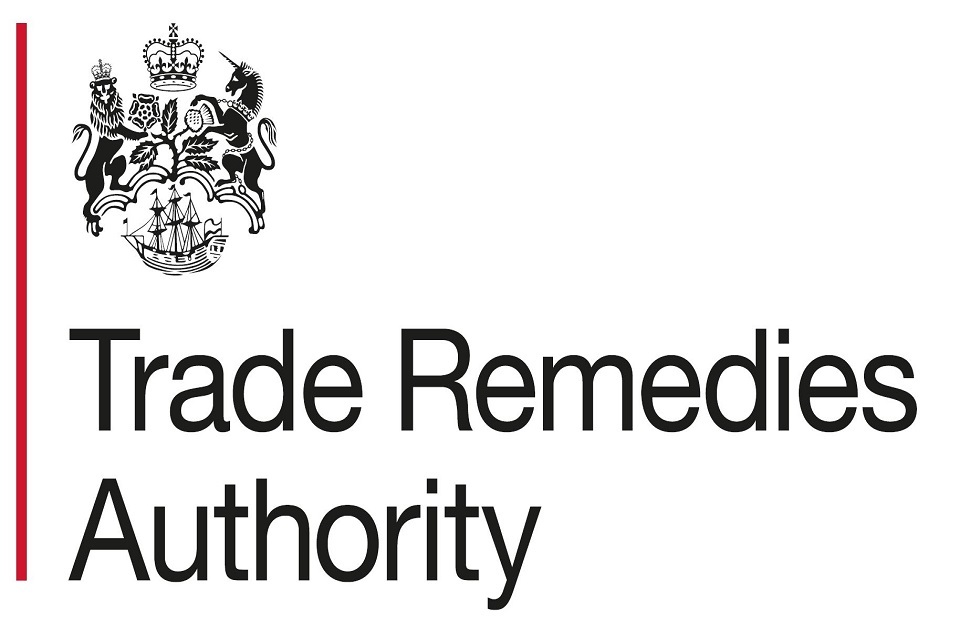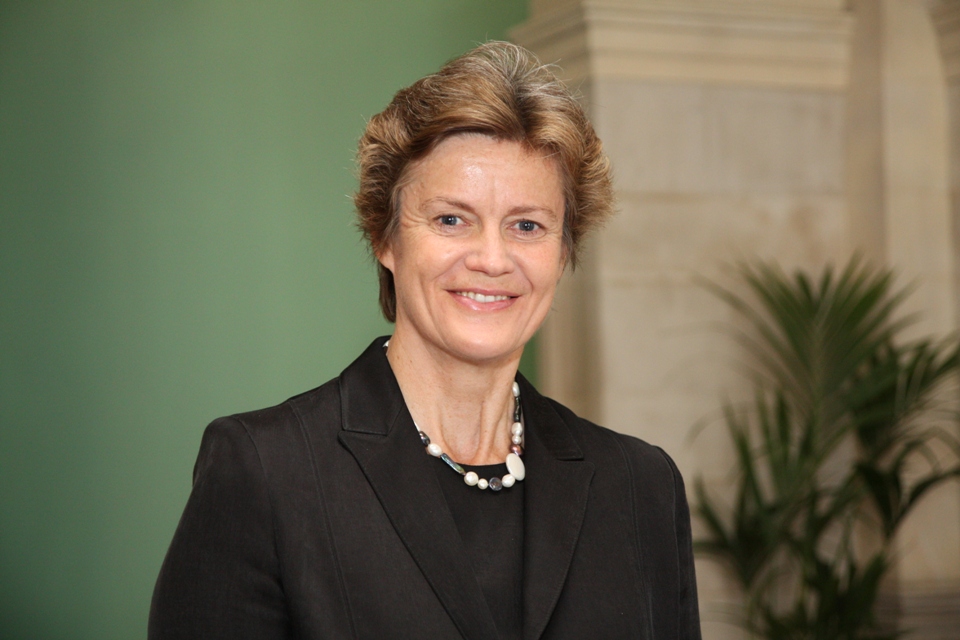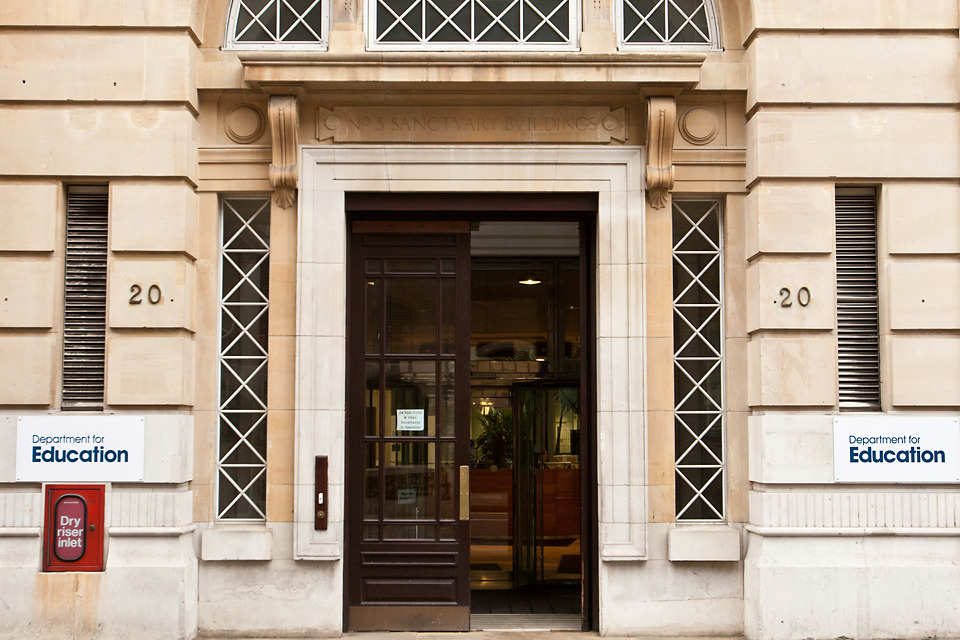It’s great to welcome you all to Glasgow.
It was right here, in this conference centre, exactly three years ago that over 190 countries came together at COP26 to agree the Glasgow Climate Pact.
That was the first global commitment to phase down the use of coal. And a vital step in the fight against climate change – a challenge that no country can meet on its own.
So it’s fantastic that once again today, we have over 190 countries here working together to meet another global challenge the threat of serious organised crime.
And it’s particularly fitting to be here in Glasgow a place that was once home to what many consider to be the first professional City Police Force.
And a place that is today home to our state-of-the-art Scottish Crime Campus, just down the road in Gartcosh.
18 different organisations working together, under one roof, co-operating for a common cause. Precisely the kind of co-operation that is so essential to the missions of my government, and the foundation we rest everything upon.
Greater security for our people. Security rooted in our values, in respect for human rights and upholding the rule of law.
Now, I was a prosecutor myself. I served as the Director of Public Prosecutions in England and Wales. Not here in Scotland – we have a complicated set of arrangements across these countries.
But what we know from being a country of four nations – what I know having served in that role – having seen the complexity of operations that fight organised crime, first-hand, is that crime is global.
Criminals do not respect borders. And so I want to start today by thanking you – all of you here in this conference centre. And the thousands that you represent. Those who serve in police, in intelligence, and security services right across the world. Because too often – what you do goes unrecognised.
Some of it necessarily unknown. But just look at some of the operations we can talk about – they tell the story.
The UK working with the US and Ecuador to seize 19 tonnes of cocaine. The global identification of over 40,000 victims of child sexual abuse online, and more than 70 countries working together to save them.
60 countries working together to tackle online scams, resulting in almost 4,000 arrests, and more than $250 million of assets seized.
And of course, the operation which infiltrated and seized the online platform used by LockBit, the world’s most harmful cyber-crime group.
I know the hard work that goes into this. I know how many things have to come together, almost instantly. And most importantly – I know what would happen without you.
The extra lives destroyed by drugs and violence. The unspeakable horrors of child sexual abuse. Gangs forcing the vulnerable into modern slavery or prostitution. People having their life savings stolen through online fraud.
It’s your work, your service, that protects people from these threats. And because so much of your work is done in private, I’m grateful for this opportunity in public to say a huge and heartfelt thank you.
Now, of course INTERPOL is absolutely central to these efforts. As I say – I have seen the importance of global co-operation first-hand. I sent British prosecutors in Pakistan so we could work together on counter-terrorism. In West Africa – to disrupt the flow of drugs from South America to Europe, and ultimately to the UK.
So I understand the power of what INTERPOL does, and why the UK makes great use of those resources…
Handling thousands of enquiries every week from around the world, from intelligence sharing to managing direct threats to life.
So I am pleased to say today that the UK is increasing its funding for INTERPOL projects, investing £6 million this financial year.
This will include support for improved data-sharing, and faster communications capabilities. The first ever Global Fraud Threat Assessment, and new regional networks. From strengthening co-operation across the Pacific to tackling drug and gun smuggling networks in the Caribbean.
Because together, we want to send a clear message to the world’s most hardened criminals there is no safe haven. There is no place that you can hide from justice. Together – we’ve got the whole world covered. And together – we will defeat you.
And look – there is a particular group of organised criminals that urgently need to hear this message the vile people smugglers, who think that human life can be trafficked, that borders can be ignored.
And that desperation, misery and hope – they prey on that too – are all emotions that are ripe for exploitation.
Make no mistake – people smuggling needs a global response. And on a scale – way beyond where we are now. We need to unlock the power of that co-operation – across borders, agencies, continents – even.
And look – I know many people in this room are already working hard on this. So I accept that my argument here is a political one, first and foremost.
But I’m afraid we’re still at the stage where the world needs to wake up to the severity of this challenge. It goes back to security.
I was elected to deliver security for the British people. And strong borders are a part of that – of course they are. But I say it again – security doesn’t stop at our borders.
And illegal migration is, without question, a massive driver of global insecurity. There is nothing progressive about turning a blind eye as men, women and children die in the Channel.
And you don’t advance the cause of global justice – or compassion for those individuals – to pretend that there is.
This is a vile trade that must be stamped out – wherever it thrives. And it exploits the cracks between our institutions, pits nations against one another, profits from our inability – at the political level – to come together.
That’s part of the business model. And so I will work with anyone serious who can offer solutions on this – anyone.
Because without co-ordinated, global action, it will not go away.
And unless we bring all the powers we have to bear on this, in much the same way as we do for terrorism, then we will struggle to bring these criminals to justice.
And that in a sense is my message here today. People-smuggling should be viewed as a global security threat similar to terrorism.
We’ve got to combine resources, share intelligence and tactics, and tackle the problem upstream, working together to shut down the smuggling routes.
We do that with terrorism. When I was the Director of Public Prosecutions, it was my personal mission to smash the terrorist gangs. And we worked across borders to ensure the safety of citizens, across Europe and across the world.
Now, as the UK’s Prime Minister, it is my personal mission to smash the people smuggling gangs. And look, that starts here in the UK.
This Labour government is resetting the UK’s whole approach to this challenge. No more gimmicks. No more gesture politics. No more irresponsible, undeliverable promises that almost by design – seek conflict with other countries.
We have turned the page on all of that. Because such promises are not worth the paper they are written on. All they do is waste taxpayer money, destroy people’s trust in politics as a force for good.
Instead, we are approaching this issue with humanity, and with profound respect for international law.
We will never withdraw from the European Convention on Human Rights. Indeed, we’re proud of the role the UK played in creating that Convention. Respecting international treaties also makes international co-operation easier, because it shows that the UK is a reliable partner.
So our approach is different. As I say – we’re going to treat people smugglers like terrorists. So we’re taking our approach to counter-terrorism – which we know works – and applying it to the gangs, with our new Border Security Command.
We’re ending the fragmentation between policing, Border Force and our intelligence agencies. Recruiting hundreds of specialist investigators. They are best of the best – from our National Crime Agency, Border Force, Immigration Enforcement, the CPS and our intelligence agencies – all working together.
We’re making border protection an elite border force. And not just within our country. We’re also working together with international partners, sharing intelligence and tactics.
Earlier this year I visited the Headquarters of our National Crime Agency. I saw first-hand the ways we are already collaborating, and what it takes to intercept, to disrupt, and destroy these networks. There are so many tools at our disposal.
We can seize their phones at the border, identifying and tracing smugglers wiring payments. We’ve already trained sniffer dogs to detect the smell of dinghy rubber and working with Bulgaria stopped more than 100 small boats upstream, long before they made it to the Channel.
And as we understand how these gangs work, we can invest in new capabilities and enhanced powers to smash them.
So we’re giving our new Border Security Command an additional £75 million of new funding on top of the of £75 million we’ve already committed.
This will support a new Organised Immigration Crime Intelligence Unit, hundreds of new investigators and intelligence officers, backed by state-of-the-art technology.
We’re also investing a further £58 million in our National Crime Agency, including strengthening its data analysis and intelligence capabilities.
And we’ll also legislate to give those fighting these gangs enhanced powers too. Again, look what we’ve done with counter-terrorism. We have the powers to trace suspects’ movements using information from the intelligence services.
We can shut down their bank accounts, cut off their internet access, and arrest them for making preparations to act, before an attack has taken place.
We don’t wait for them to act – we stop them before they act. And we need to stop people smuggling gangs before they act too.
Now, as with any crime – smuggling does not operate in an institutional vacuum, so we also need to rebuild our broken asylum system, process claims swiftly and humanely.
That will make law enforcement’s job much easier. So we’re recruiting hundreds of additional people into asylum case working.
Overall returns since this government came to office are now 9,400 – up almost 6,000 since the end of August.
Enforced returns are up almost a fifth on the same period last year. And returns of Foreign National Offenders are up 14 per cent.
But look, the only way to defeat this vile trade and save lives is to stop people being smuggled here in the first place.
And that means doing everything possible to deepen our cross-border co-operation. So international agreements matter.
We have to use every tool we have – operational, diplomatic, political – to join up our response.
President Macron and I have already agreed to increase intelligence sharing and do more to dismantle smuggling routes further upstream. This is also a priority for the bi-lateral co-operation treaty we are working on with Germany.
We’re also working with Italy to dismantle the supply chains of maritime equipment, combat illicit financial flows, and strengthen our investigative capacities and our data sharing. And as part of the UK’s wider reset with the European Union, we are seeking a new security pact, including restoring access to real-time intelligence sharing networks. And at the European Political Community this Thursday in Hungary, I’ll be putting this issue at the top of the international agenda once again.
But we need your help also. This is the General Assembly of the world’s security experts. It’s your co-operation across borders that saves lives, time and again. It’s your collective efforts that bring organised criminals to justice, wherever they seek to hide.
And it’s your leadership today that can help make a decisive breakthrough against this vile trade in human life.
Because if together we can win this war against the people smugglers, then this gathering will have achieved a victory for humanity – every bit as significant as the Glasgow Climate Pact.
Because you will have helped to smash the gangs, secure our borders, and save countless lives. And it is with that hope, and in that spirit, that I declare the 92nd General Assembly open.
Thank you so much.
